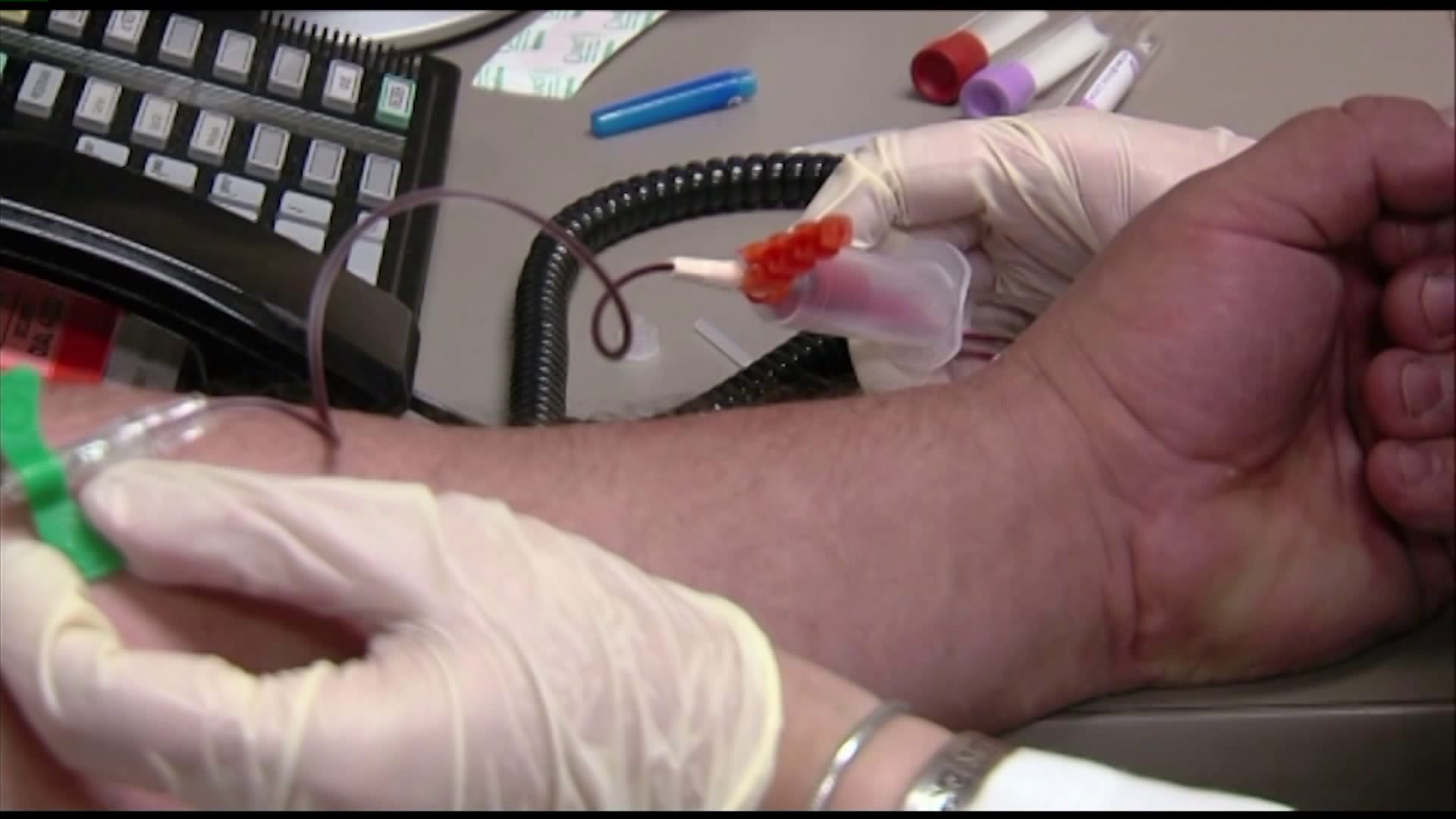HARTFORD -- Another No-Shave November is in the books, and there are a lot of clean faces out there again, but what about clean bills of health?
The biggest named men's health movement of the month is Movember, which started in Australia. It aims to reduce the number of men who die earlier than they should, from all causes. Movember raises a substantial amount of money - $60 million in 2016 - but it also encourages men to grow moustaches to raise awareness for men's health - especially male-specific problems like prostate cancer and testicular cancer.
So, how are we doing on that front?
“Eh. Hit or Miss," said Dr. Jared Bieniek, a Urologist with Hartford Healthcare, “Has it caused a cultural shift? Not major cultural shifts. But there are movements to try to get men into the office more.”
“Guys just don’t like to go see physicians,' he said, "It’s often the wives or spouses or partners kind of twisting arms and saying ‘Go see the Doctor.’ “Bieniek
said that's especially true for urologists.
"[Men] know that there are gloves behind me and there could be fingers going places to do exams that aren’t comfortable.” Bieniek said, once men get into his office, he often takes the initiative to break the ice by asking personal questions, instead of waiting and hoping the man will.
He said many men don't fully appreciate how important that conversation can be. Bieniek said he is sometimes the first physician to see a larger problem than just a urological one in a patient because that particular patient was too stubborn to go see a primary
care physician.
“The one we tend to focus on is erectile dysfunction as a canary in the coal mine as a a silent marker for early cardiac disease ... because the arteries in the penis are smaller. They’re going to be affected by blood pressure and cholesterol problems and changes
first,” Bieniek said.
"So if I see a man who hasn’t seen a primary care physician, I am on them, 'You need to get a family doctor, have your cholesterol and blood pressure checked.' "
Bieniek said the challenge going forward is for providers to remove as many barriers to treatment as they can, to make it as easy as possible for men to help themselves.
"Even creating Men’s Health Clinics. Trying to create a program that is directed to men that creates an environment where they’re going to be more comfortable. It’s a physical setting that they’re going to enjoy - be able to come back to," Bieniek said, "and wouldn’t it be easier if you could come see all of your doctors in one setting!"

